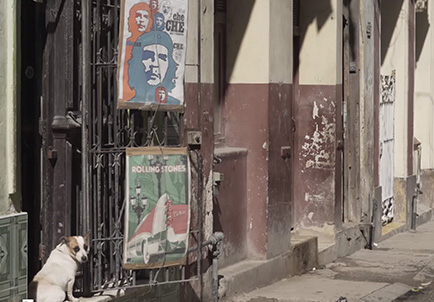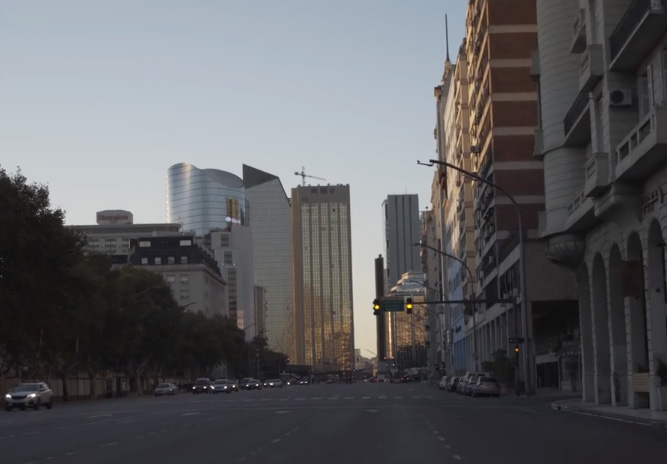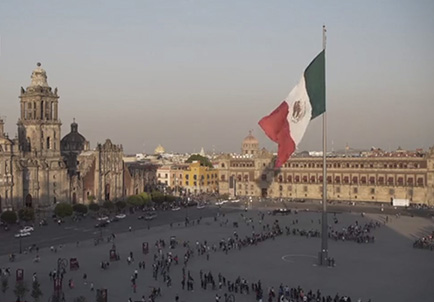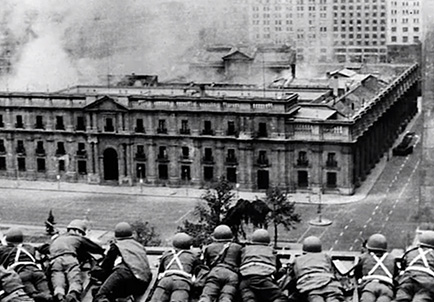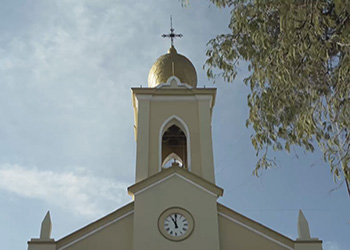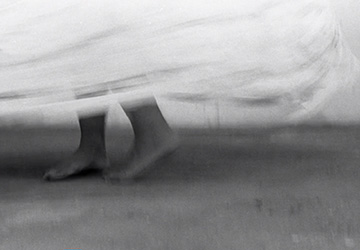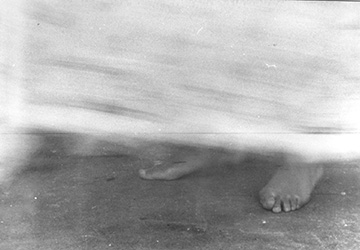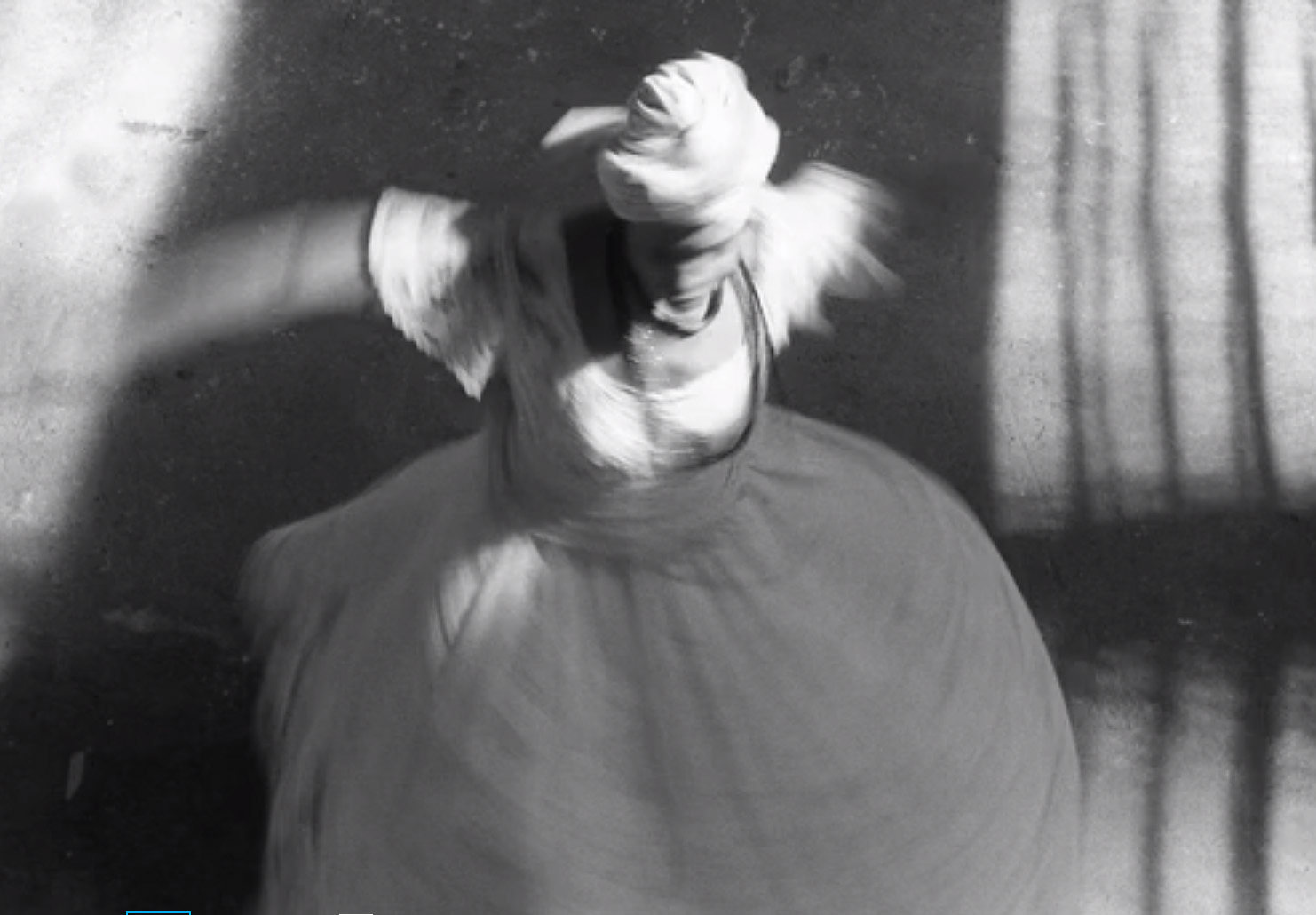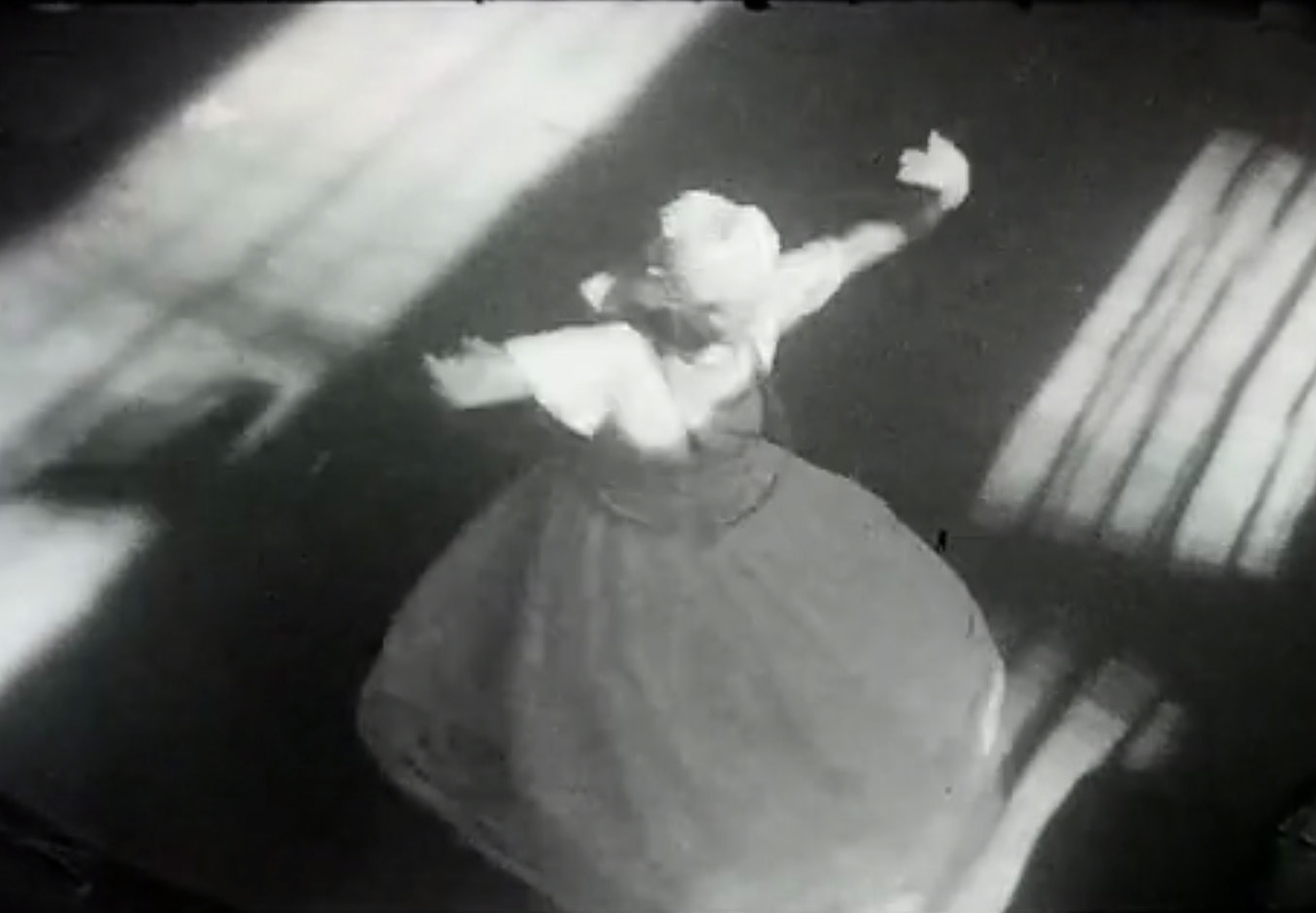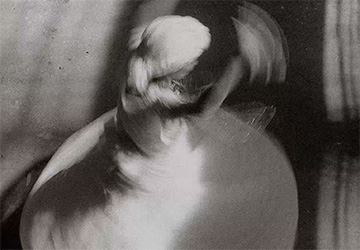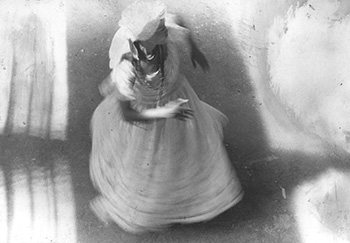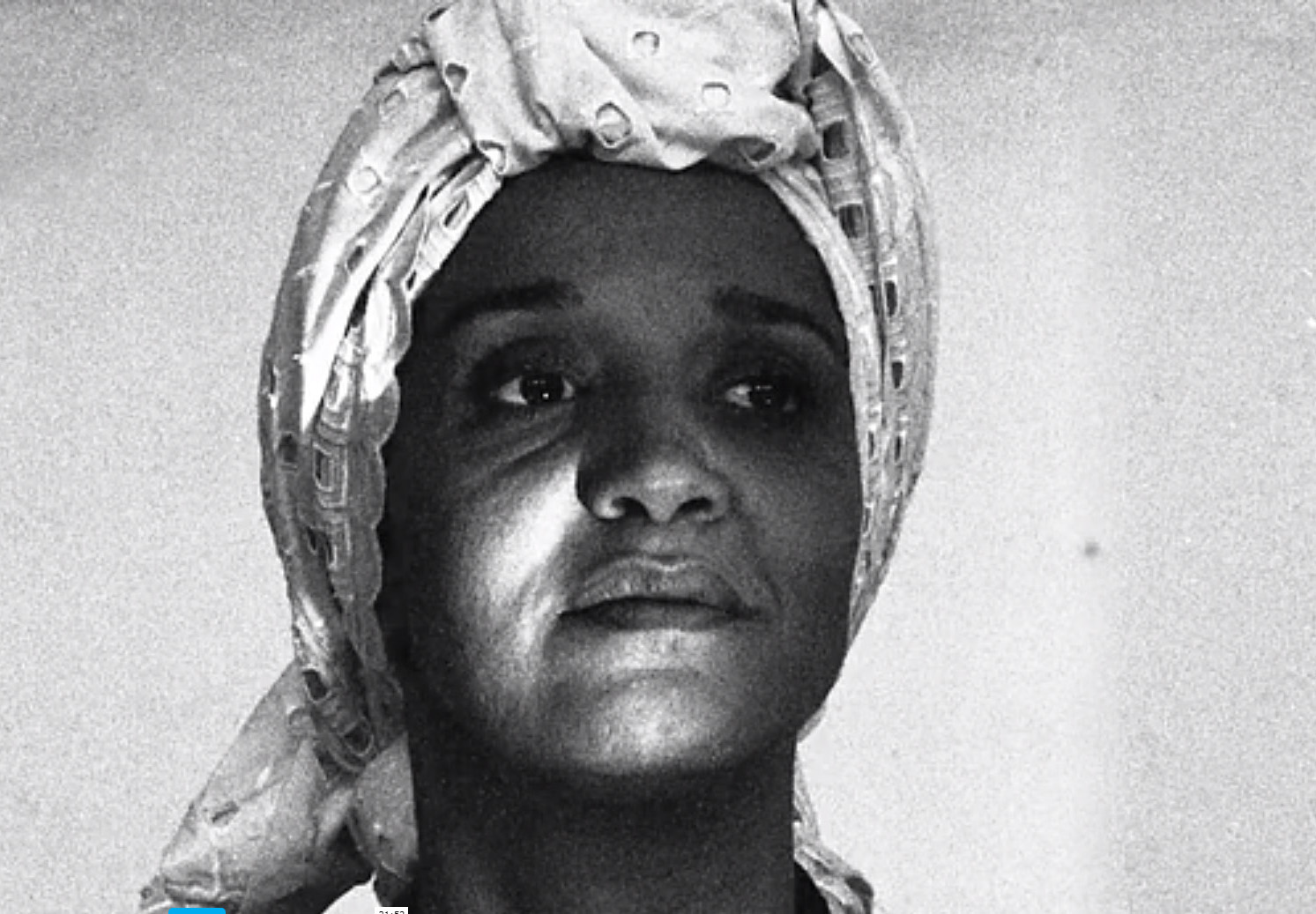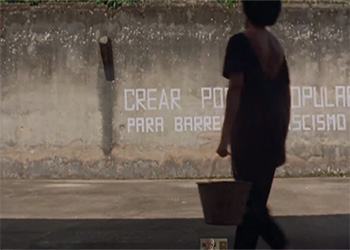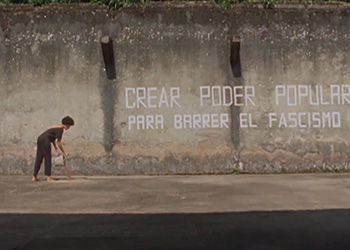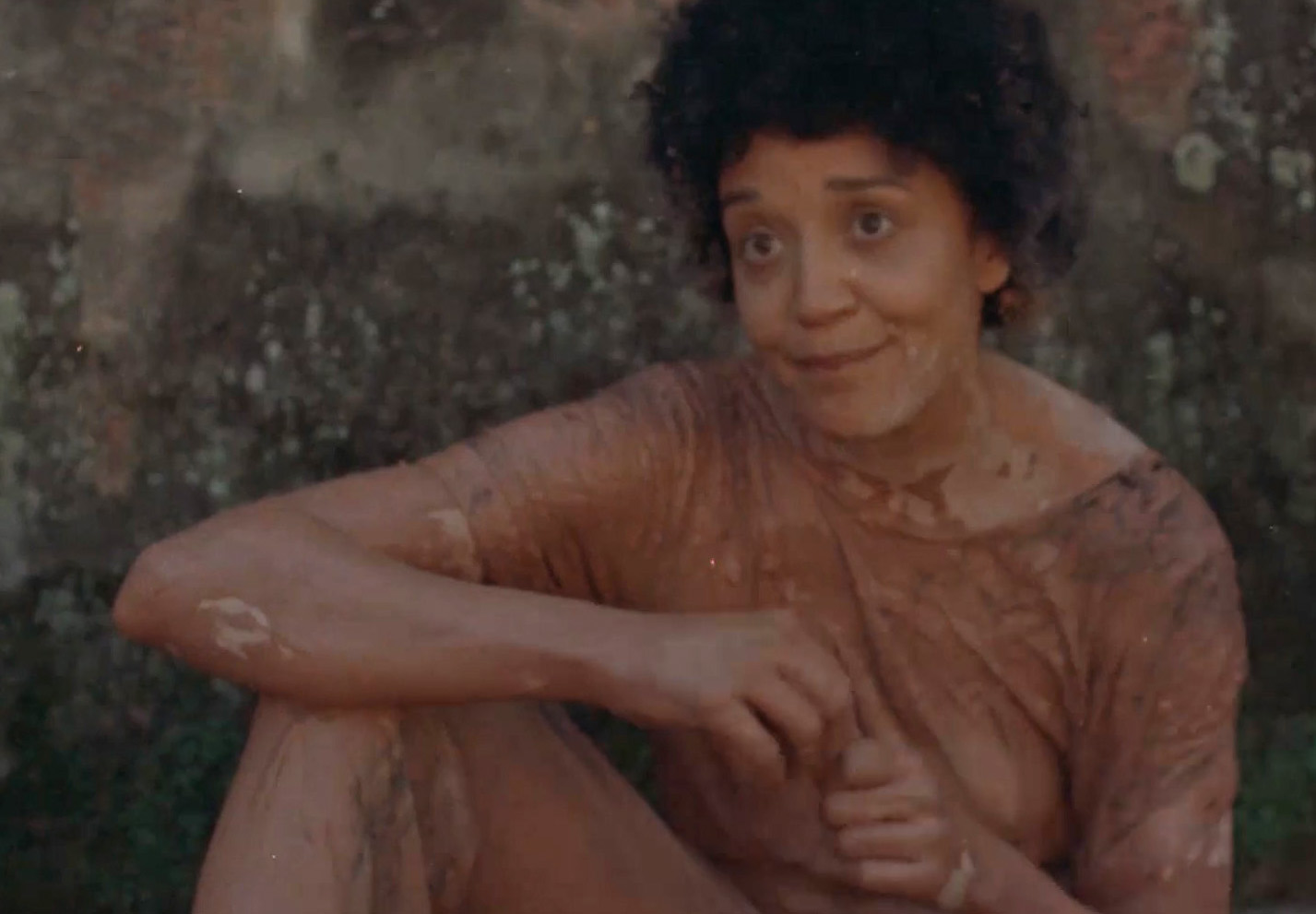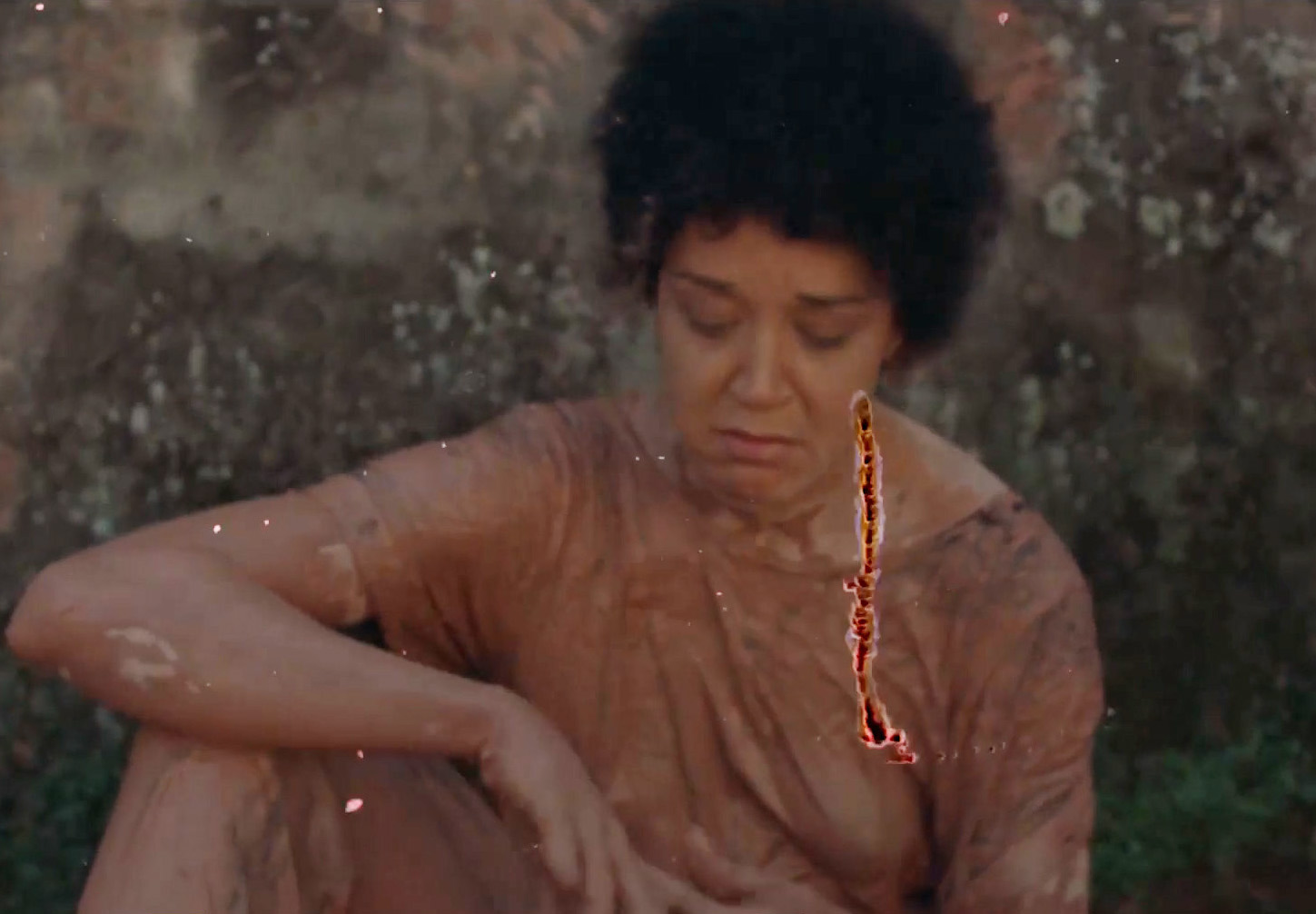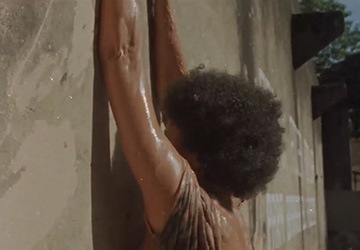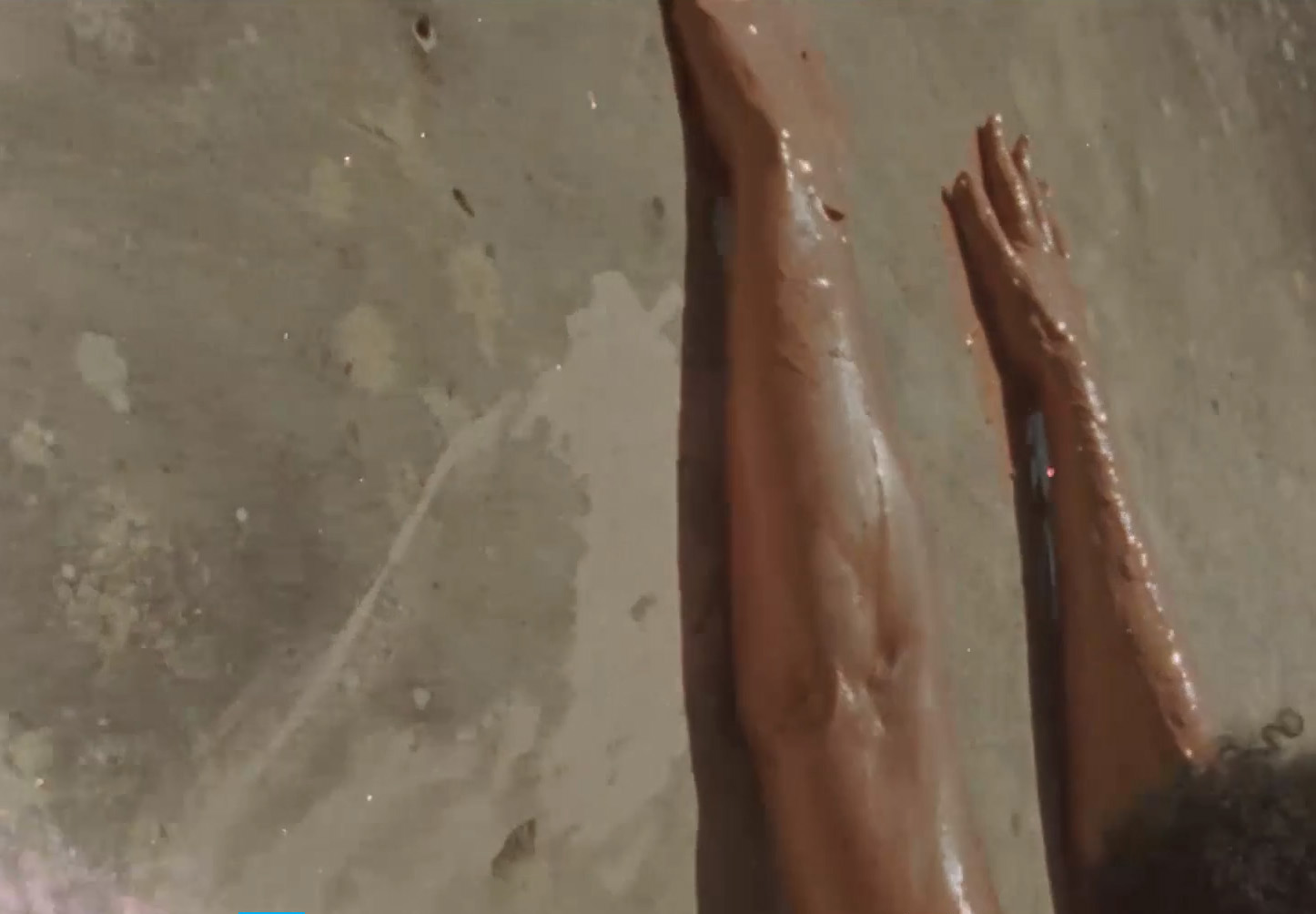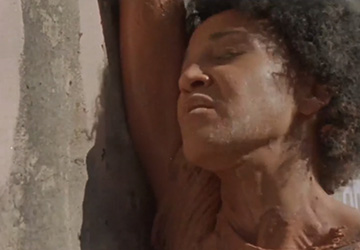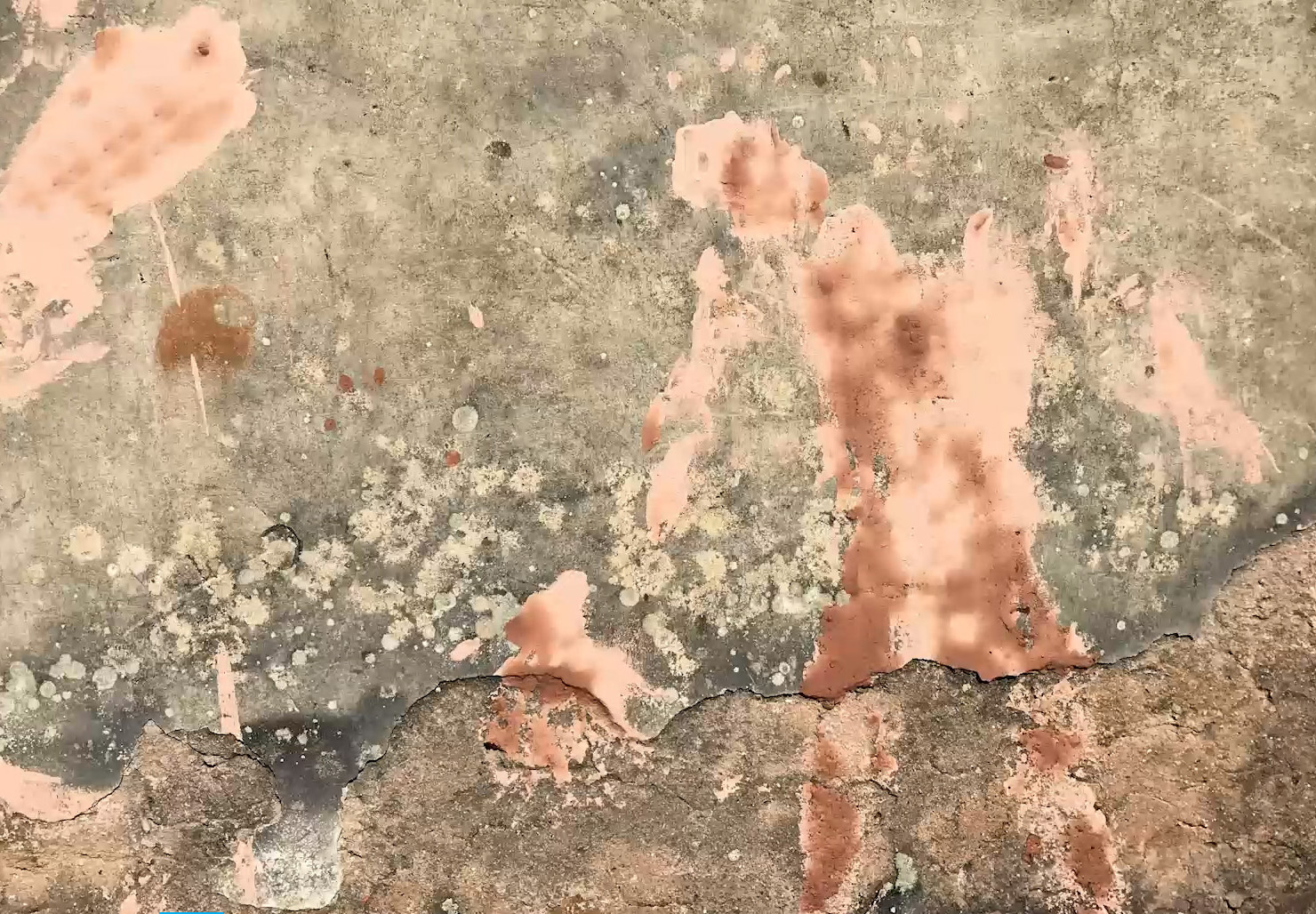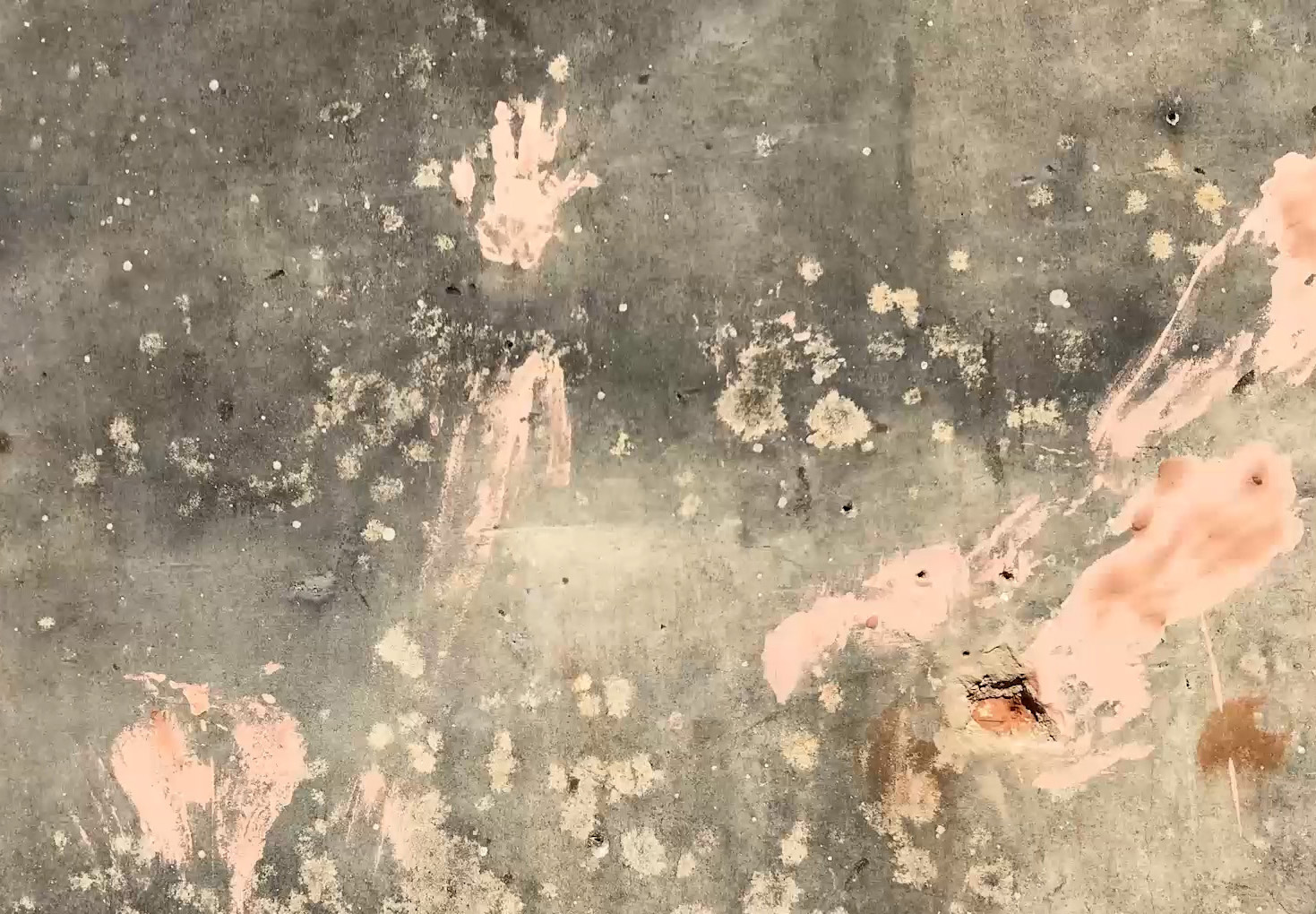
-

The word 'feminism' was not well accepted in the 80s in Argentina
-

There was also these letters, which I showed you, right?
-

Women here, rather than being feminists (...) they had a very strong level of assertion, and it was politically strong.
-

Ana felt some kind of melancholy. She suffered a lot in her life but she still kept a utopian view of the world.
-

Can you imagine a 12 year old girl from a traditional family with a gay couple in a cafeteria where Pancho Villa had been to?
-

Ana was young, passionate. That's what Antonia used to say.
-

The dictatorship never stopped happening to us [to the black people], it's still here today.
-

And these bold, strong, brave women who broke up with everything ― many of them wore masks so that their families would not know they were fighting ― they give me a different conception of what being a woman is.
-

From the information I have, Ana was a student who was always trying to break the rules, overcome the limits, go beyond the boundaries.
-

As a 20th century artist, my mother [Kati Horna], in my view, has a virtue that is her great knowledge, which combines a great technique, with a special perspective.
-

The bad thing is when you meet someone, when they are right in front of you and you don't ask enough questions.
-

And I suppose there are people who, just act like that, hurting people, when they see their ideas, their ideology threatened.
-

My stories haunt me, they are always the same as in the past, or they are simply replaying today?
-

I have a feeling that the lost talent is in the dead, in our dead.
-

We have hope in this youth. I hope they know where to go, for the good of all.

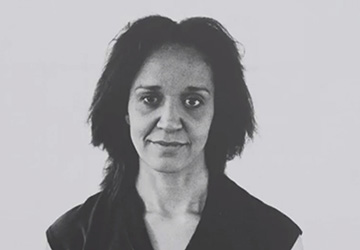
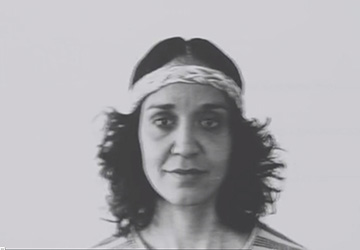
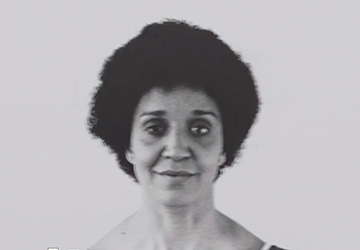

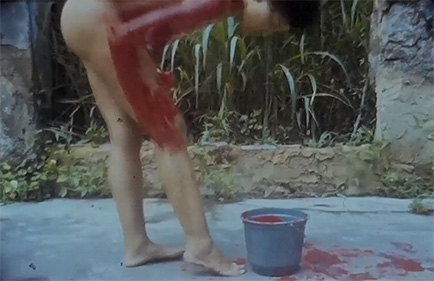
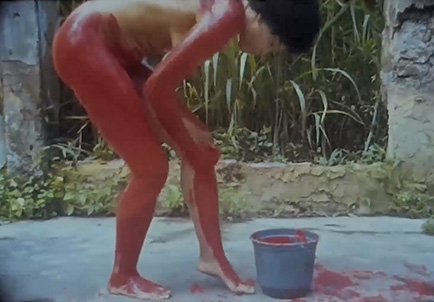
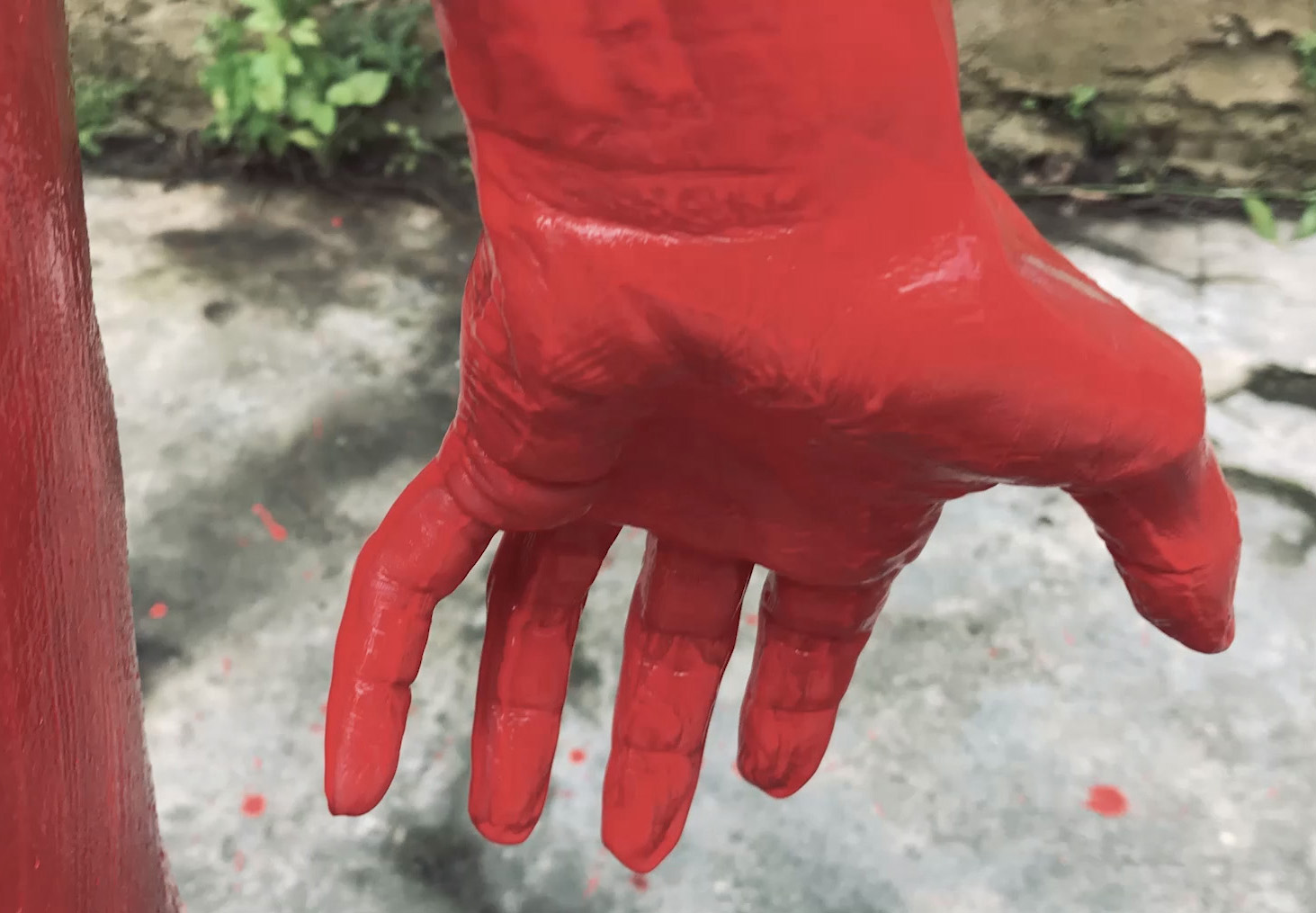
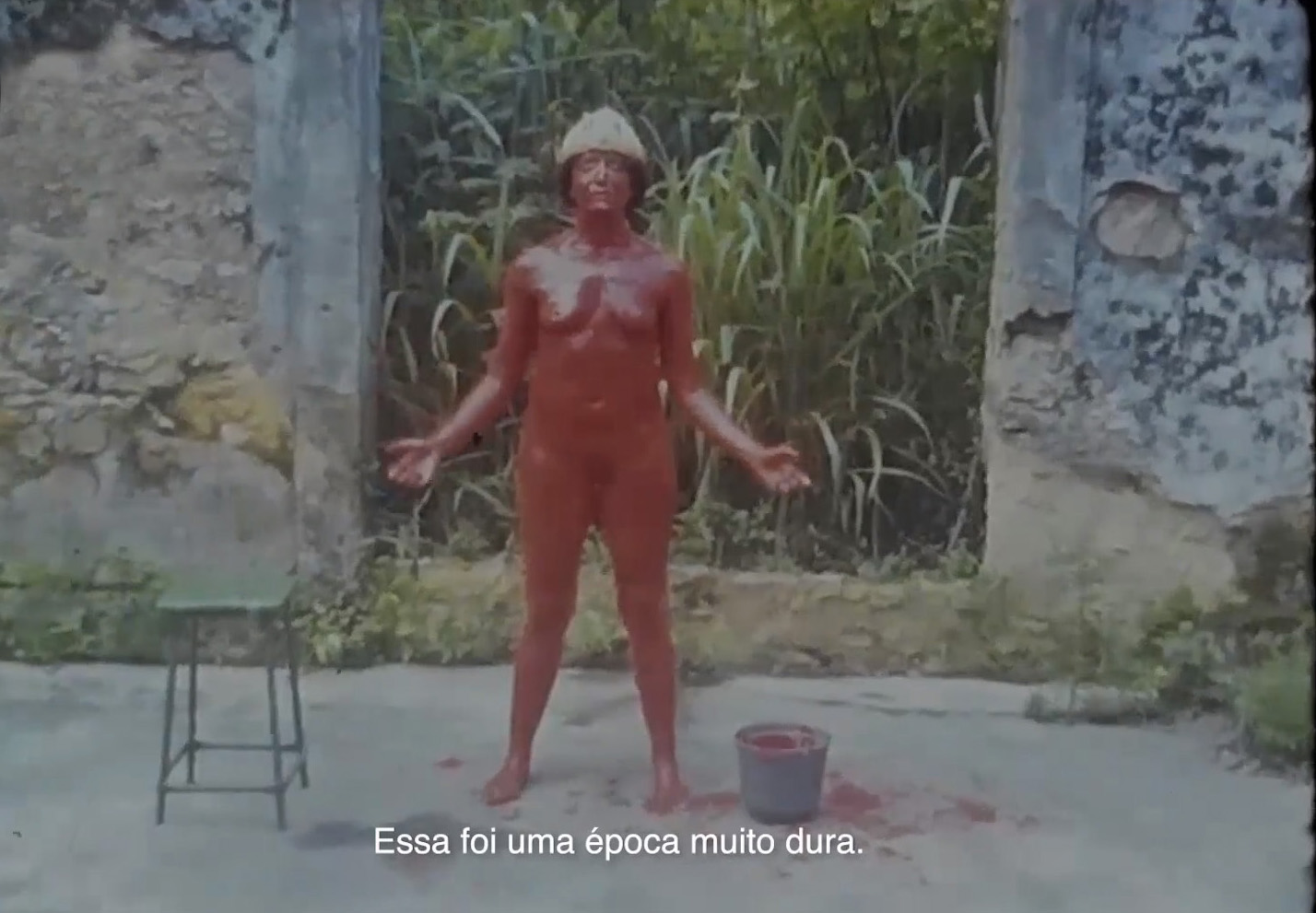
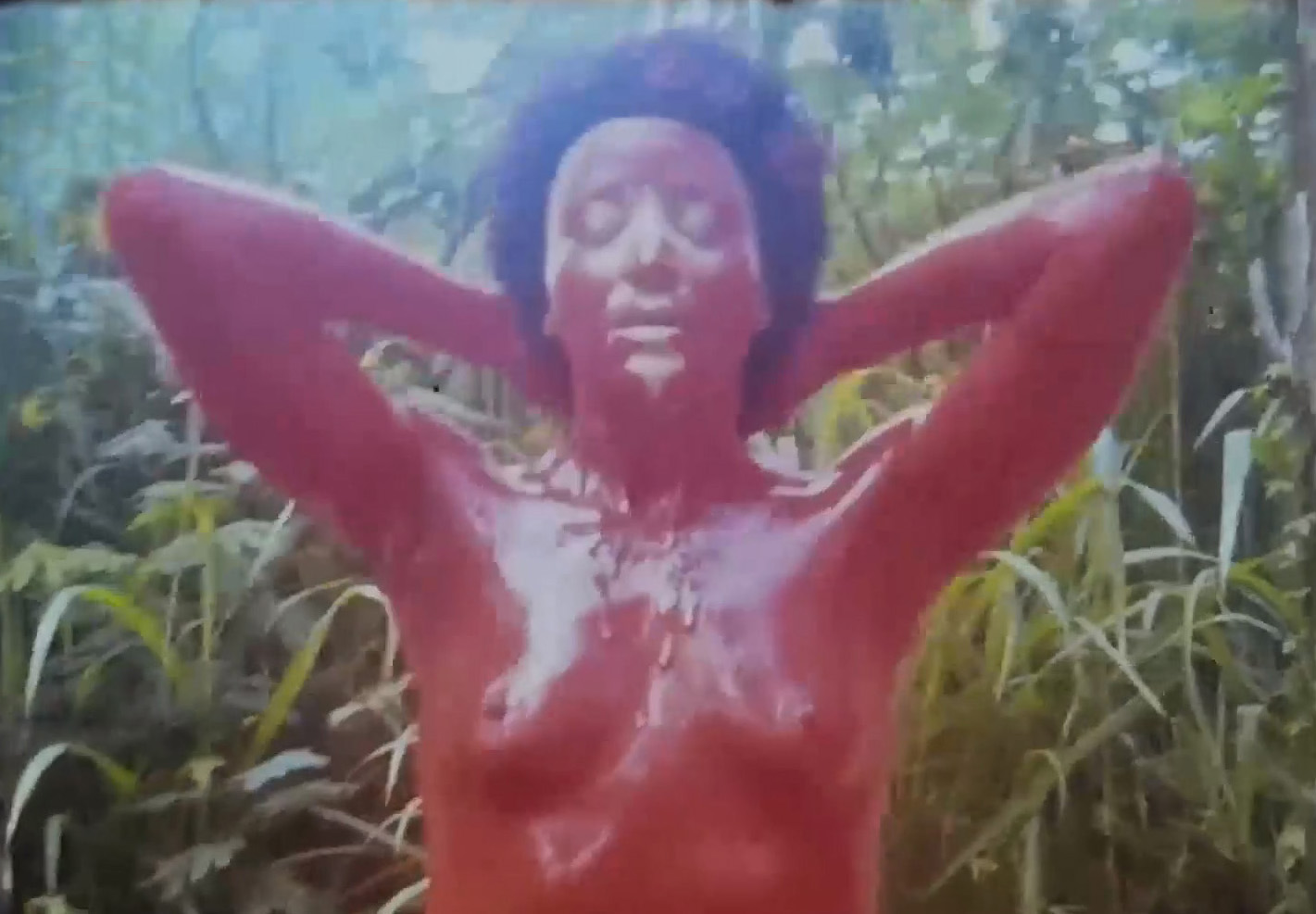
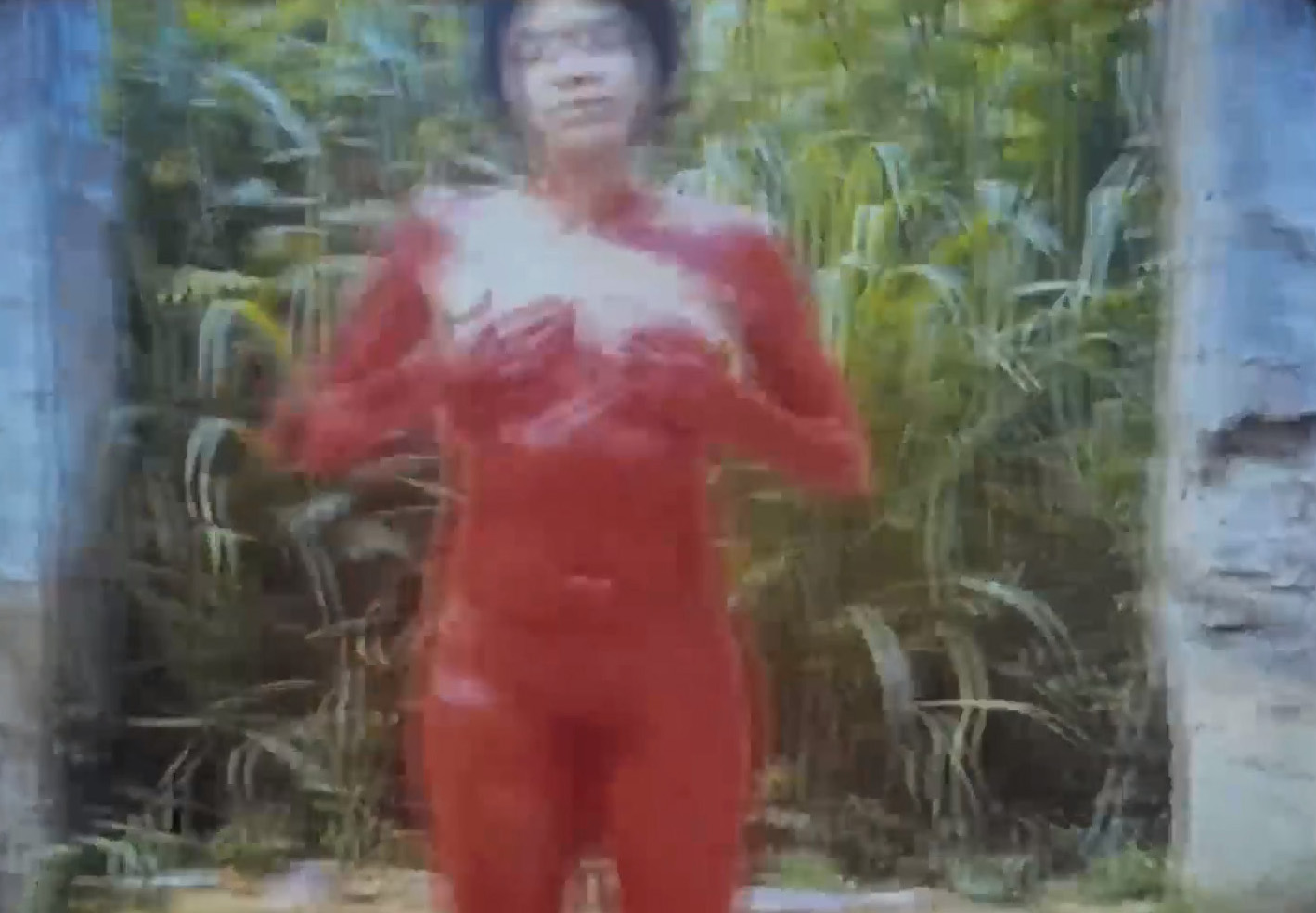
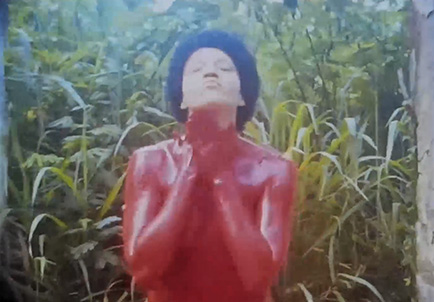
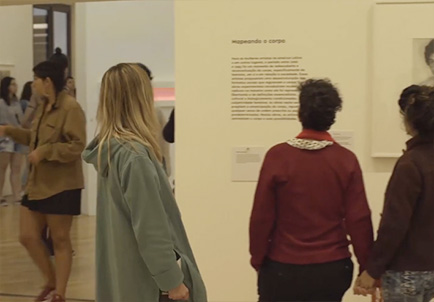 São Paulo
São Paulo